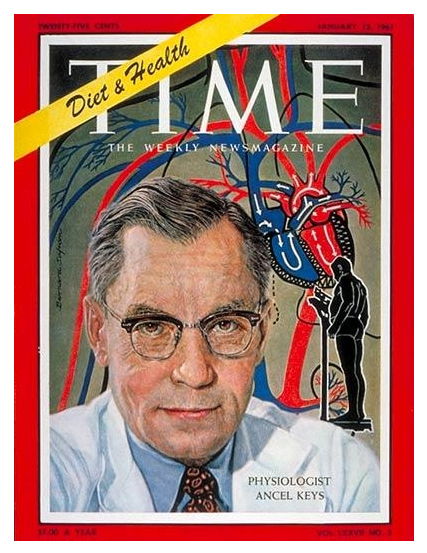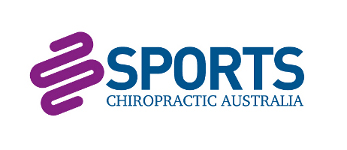
Fats, the good, the bad and the ugly!
Posted By irvinechiro / Date Posted: 2015-06-23
Our last blog post focusing on the LCHF diet received a great response and lots of great questions regarding fats, so I thought I would take a brief look at dietary fats. My goal in this post is not to give you every detail you need to know regarding fats, it is to show you that there is much more to fat than you may have previously thought. I plan to take fats from the doghouse to the penthouse and change them from our ugly cousin to the belle of the ball.
The much maligned history of fats dates back to the early 1960’s when an American Scientist named Ancel Keys published the Seven Countries Study. In this study he basically handpicked countries that showed a correlation between their high fat intake and their high levels of Cardiovascular disease(CVD). The result of this was the boom of low fat products. The problem with this study is that Keys left out many countries that didn’t have this correlation and some that showed the exact opposite where they ate high fat diets and had low levels of CVD. By doing so he has changed the way we look at fats forever based on a lie but hey at least he gained himself international recognition on the cover of TIME magazine!

Since then we have been constantly bombarded by low fat alternatives, and I myself was hoodwinked into believing all the hype. My pantry was full of low fat alternatives and I always looked for the lowest fat option when eating out. However what I failed to realise is that without the fat, foods tasted like cardboard and hence to make them more palatable they were pumped full of sugars and artificial sweeteners. As you know the levels of obesity around the world have skyrocketed over these years, so clearly this hasn't worked.
Not all fats are created equally and it’s important to understand the differences. There are Saturated fats, Unsaturated fats including monounsaturated fats, and polyunsaturated fats and lastly the ones to avoid at all costs, Trans Fats.
Saturated fats
These fats are usually solid at room temperature and are found in:
Animal-based products:
Dairy foods – such as butter, cream, full fat milk and cheese
- Meat – such as fatty cuts of beef, pork and lamb and chicken (especially chicken skin), processed meats like salami
- Coconut
- Coconut milk and cream
- Cooking margarine
Many manufactured and packaged foods:
- Fatty snack foods (such as potato chips, savoury crackers)
- Deep fried and high fat take away foods (such as hot chips, pizza, hamburgers)
- Cakes and high fat muffins
- Pastries and pies (including quiche, tarts, sausage rolls, pasties, croissants)
- Sweet and savoury biscuits
Unsaturated fats
Unsaturated fats are an important part of a healthy diet. These fats help reduce the risk of heart disease and lower cholesterol levels (among other health benefits) when they replace saturated fats in the diet.
There are two main types of unsaturated fats:
Polyunsaturated fats:
- omega-3 fats which are found in fish, especially oily fish
- omega-6 fats which are found in some oils such as safflower and soybean oil, along with some nuts, including brazil nuts.
Monounsaturated fats:
- found in olive and canola oil, avocados and some nuts, such as cashews and almonds.
Trans fats
Trans fats are unsaturated fats that have been processed and as a result, behave like saturated fats. Eating trans fats increases the levels of ‘bad’ cholesterol and decreases the levels of ‘good’ cholesterol in the body which is a major risk factor for heart disease. It is important to lower the amounts of trans fats you eat to help you stay healthy.
Conventional wisdom has always said to avoid fats as they are high in calories, however this neglects to take into account the fact that fats are greatly more satisfying, hence we eat less and they help keep us feeling fuller for longer. Furthermore from a disease prevention standpoint, eating fats can greatly reduce levels of insulin secreted to deal with each meal and can help restore proper insulin signalling, something that is extremely important in attempting to reduce the impact of type 2 diabetes.
We are creatures of the ice age and fat to all humans, means 'survival'. Diets low in fat paradoxically cause the body to more easily synthesize fat from other sources, most notably carbs, and to absorb and store this unwanted fat. Moderate intake of dietary fat is only potentially problematic or "fattening" in the presence of dietary carbohydrates.
So if you want to look good naked, maybe you should consider eating less carbs and more fats.
Tweet





